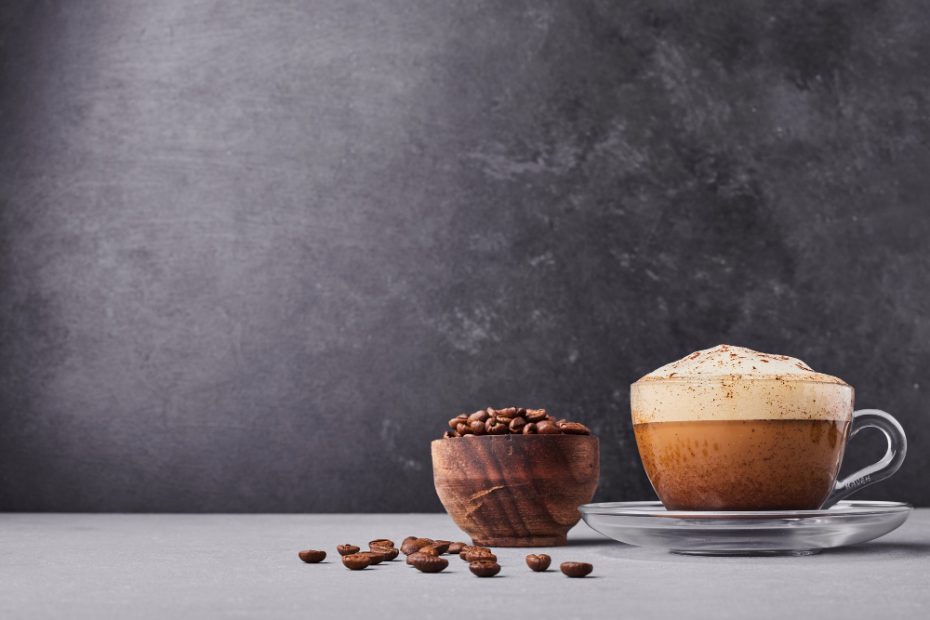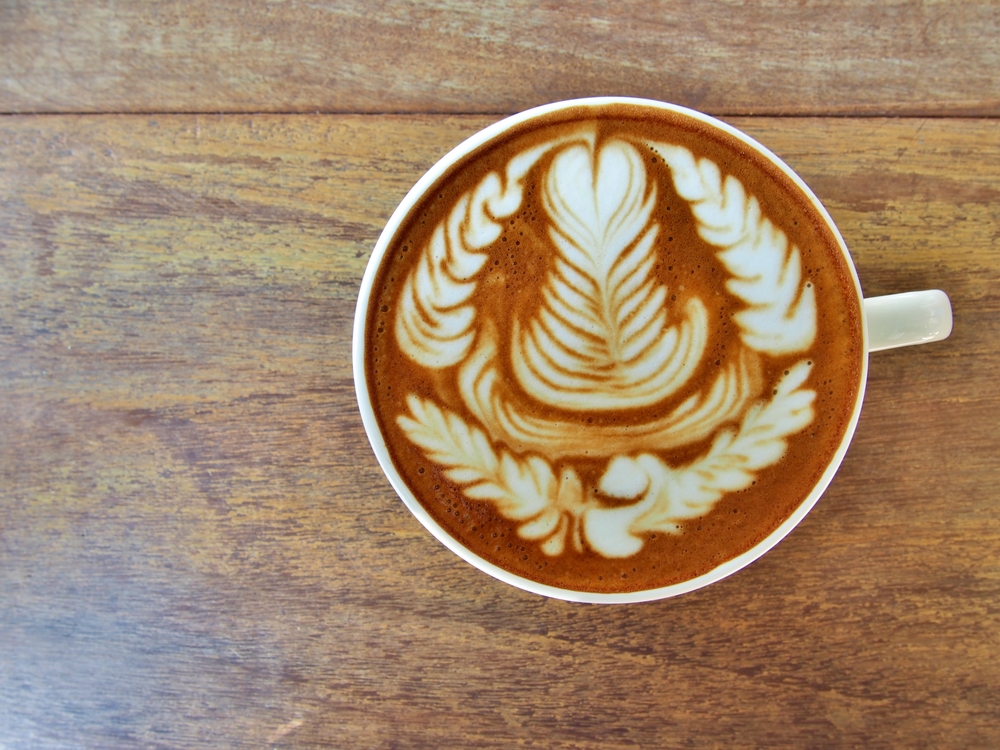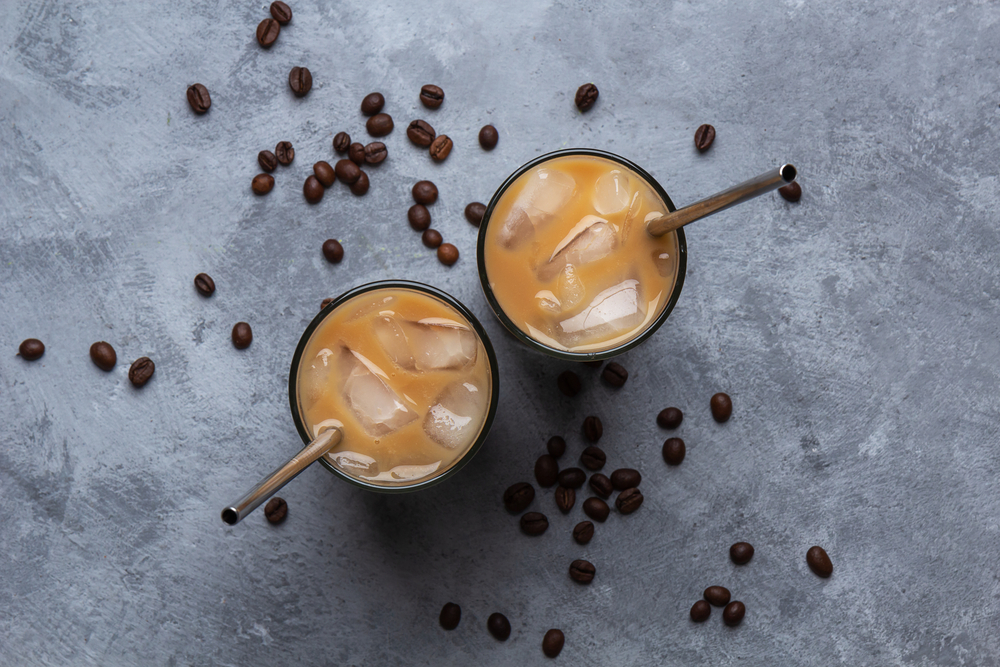The Caffeine Content in Cappuccinos: A Closer Look
In our caffeinated world, where the UK has embraced coffee culture wholeheartedly, cappuccinos stand out as a cherished choice for many. But, how much caffeine does a cappuccino contain? At a glance: a standard cappuccino usually contains between 60-80mg of caffeine in a medium (240ml) serving. However, the exact amount can vary based on factors like the type of coffee bean, brewing time, and serving size.
Factors Influencing Caffeine Content
To better understand the caffeine content in a cappuccino, it’s crucial to explore the various determinants.
1. Type of Coffee Bean
The primary source of caffeine in your cappuccino is, unsurprisingly, the coffee bean itself. There are two predominant coffee bean types:
| Bean Type | Average Caffeine Content per 240ml |
|---|---|
| Arabica | 60-70mg |
| Robusta | 80-100mg |
Robusta beans typically contain more caffeine than Arabica. However, Arabica beans are favoured by many coffee shops in the UK for their smoother and more desirable flavour profile.
2. Brewing Time and Technique
A cappuccino involves the use of espresso, which is a concentrated form of coffee. The duration and method of brewing can influence the caffeine extraction:
- Shorter extraction times generally yield less caffeine.
- Using more coffee grounds for the espresso shot can increase the caffeine content.
- Using finer coffee grounds can also boost the caffeine amount as it allows more efficient extraction.
3. Serving Size
The size of your cappuccino can naturally influence the caffeine content. While a standard serving might contain 60-80mg of caffeine, larger sizes could potentially double this.
Caffeine: A Matter of Balance
“Caffeine can be both a saviour and a nemesis. While it boosts alertness and enhances mood, overconsumption can lead to restlessness and insomnia.”
For most adults, a moderate caffeine intake of 200-400mg per day is considered safe and might even have health benefits. However, tolerance varies, and some individuals may be more sensitive.
Benefits and Considerations
- Caffeine has been linked to improved cognitive function and reduced risk of certain diseases like Parkinson’s and Alzheimer’s.
- It can enhance physical performance by increasing adrenaline levels.
- Overconsumption can lead to symptoms like jitteriness, rapid heartbeat, and disrupted sleep.
- It’s essential to consider other sources of caffeine throughout the day, such as other coffees, teas, soft drinks, and certain medications.
Customising Your Cappuccino
For those looking to adjust their caffeine intake, there are several ways to tailor your cappuccino:
- Opt for a single espresso shot if you usually go for a double.
- Ask your barista about the type of bean they use and opt for Arabica over Robusta for a milder caffeine hit.
- If you’re highly sensitive to caffeine, consider a decaf version which retains the flavour without the stimulant.
- Smaller servings will, naturally, have less caffeine than larger ones.
Conclusion
Cappuccinos, with their frothy texture and robust flavour, remain a centrepiece in the UK’s thriving coffee culture. While they do provide that desired caffeine kick, the extent of it varies based on several factors. Being informed about these nuances ensures that you can enjoy your cup with the right balance, suiting both your palate and your body’s preferences.



